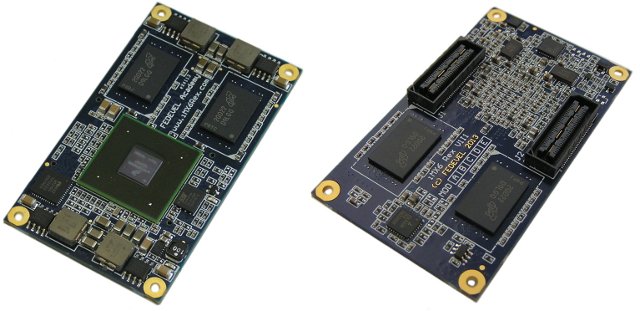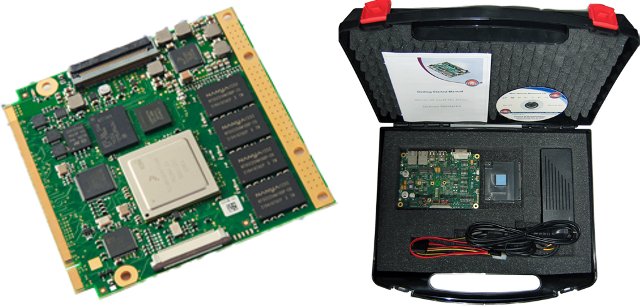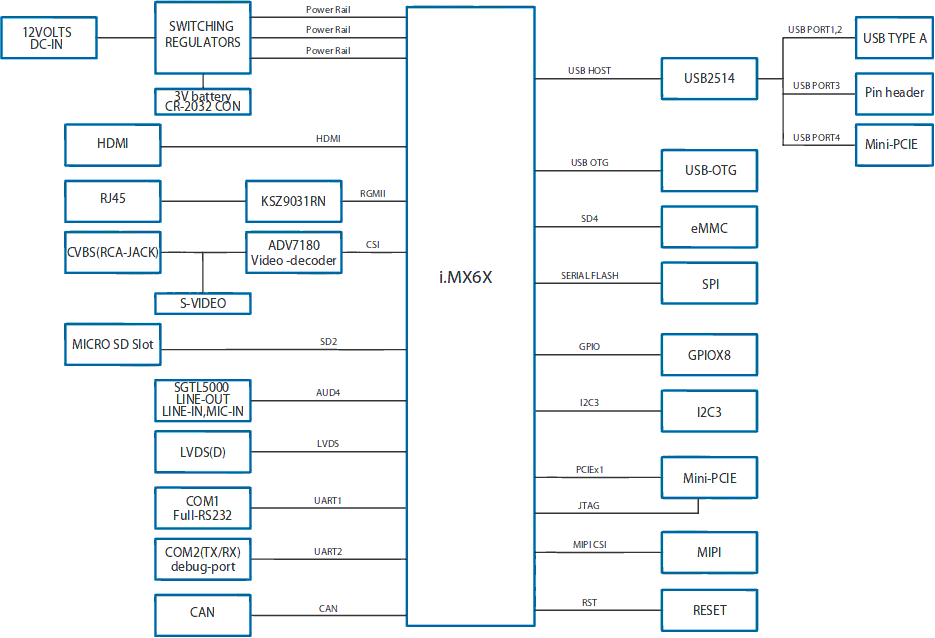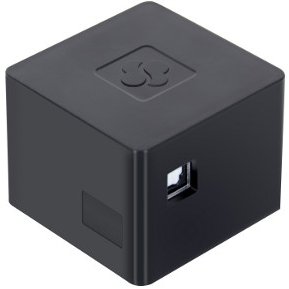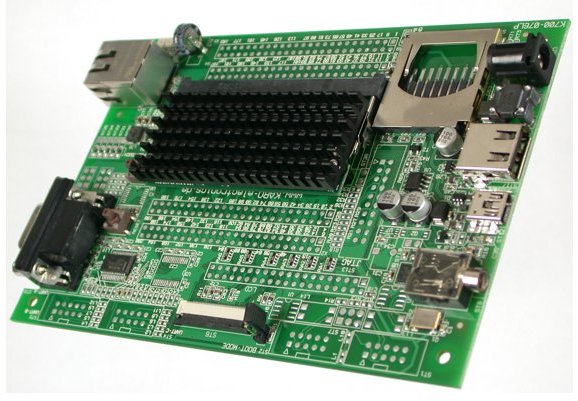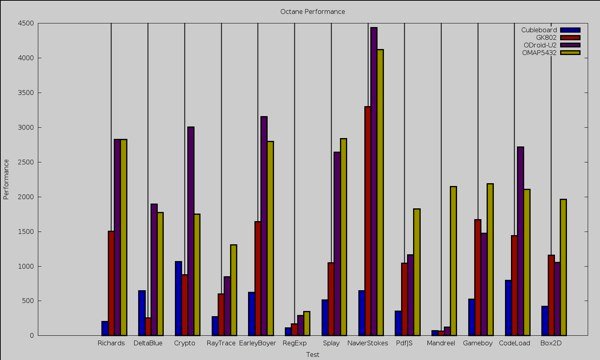This release includes Linux Kernel 3.12 (baseline), Linux Kernel 3.10.20 (LSK), Android 4.4 for the first time, and Ubuntu Linaro 13.11 (still based on Raring). Beside Android Kit Kat support, other noticeable updates include initial documentation for LAVA, and further work on ARMv8 support. Here are the highlights of this release: Android Engineering Android 64-/32-bit updated to 4.4 KitKat Fastboot/UEFI – Created Fastboot app design Builds and Baselines Linaro Stable Kernel 3.10.20-2013.11 released – Includes an updated big.LITTLE MP patchset Linux Linaro 3.12-2013.11 released: gator version 5.16 (same version as in 13.10 release) updated big-LITTLE-pmu, iks, iks-cpufreq, and interactive-gov-updates topics from ARM LT updated basic Capri board support from Broadcom LT (generic phy support for USB, watchdog, updated bcm_defconfig) updated big endian topic updated topic to support K3V2 board from Hisilicon LT updated Versatile Express patches from ARM LT vexpress64 support (updated FVP Base model files, added support for FVP […]
iMX6 Rex Open Source Hardware SoM and Baseboard Designed to Teach Schematic and PCB Layout Design
Voipac, a Slovakian manufacturing company, has recently unveiled iMX6 Rex module and iMX6 Rex development baseboard, which have mainly been developed in order to support FEDEVEL Academy Schematic Design and Advanced PCB Layout courses, but can also be used for other purposes. The module is powered by Freescale i.MX6 Dual (Solo and Quad also available on request), and comes with 512MB RAM (upgradeable to 4GB), and up to 32MB SPI flash. The complete hardware will be released under an open source hardware license, but with some caveats as I’ll explain later. iMX6 Rex module specifications (basic configuration): SoC – Freescale iMX6 processor up to 1.2GHz / 2 cores (1 and 4 cores also available) System Memory – 512MB DDR3-1066 (533MHz), up to 4GB Storage – 2MB On board SPI Flash, up to 32MB 10/100/1000 Mbps Ethernet PHY 2 high speed board to board connectors (only one required) with signals for HDMI, […]
XBMC on ARM News: Updated XBMC Image for i.MX6 Boards, Geniatech Releases XBMC for Android Source Code
Stephan Rafin has recently released a new XBMC image for Freescale i.MX6 based Wandboard development boards (dual and quad only) and Utilite computers. The images have been built with Yocto 1.5 (Dora) released last month, and are based on XBMC Gotham Alpha 9, the latest alpha before feature freezes. That means this is not a stable image just yet, but features won’t change, and this version of XBMC is now going though bug fixes. Stephan’s XBMC image includes the following: iMX6 hw accelerated decoding (VPU) for most standard formats iMX CEC support (for utilite only as wandboards are not properly wired) WIFI configuration thanks to network manager addon Support for HDMI/SPDIF/Analog sound outputs (including pass-through for HDMI and SPDIF) SMB/NFS/uPNP network shares and other standard XBMC features Bug fixes against previous version – No more transient black screens, trick modes (ffwd, frwd, ..) are now working, and smoother video playback. […]
MSC Q7-MB-EP4 Is a QSeven Starter Kit Powered by Freescale i.MX6
MSC Embedded, a company specialized in the design and manufacturing of embedded boards, has recently announced MSC Q7-MB-EP4, a complete Starterkit for the company’s Qseven modules based on Freescale i.MX6 Solo, Dual or Quad processors. The starter kit comes with a suitcase comprise of a heatspreader with heatsink, a 12V power supply, a cable kit (SATA data and power cable), a DVD, a getting started guide, and more importantly a 3.5″ Qseven carrier board (Q7-MB-EP4) with socket for Qseven modules Rev. 1.20 with the following specifications: CPU Module Interface – Socket for Qseven Rev. 1.20 compatible modules based on the Freescale i.MX6 Storage – 1x SATA connector + mSATA Socket with support for mSATA and mSATAmini cards, MMC/SD Card, and serial EEPROM for EPI/DP extensions Standard Interfaces: 7x USB 2.0: 4x USB (Series-A Jack), 1x USB internal pin header, USB on mini USB connector, USB at Mini PCI Express socket […]
VIA Unveils VAB-820 Pico-ITX Board Powered by Freescale i.MX6 Quad
About two weeks ago, VIA announced the VAB-820, which according to the company, is the first ARM based quad core Pico-ITX single board computer (SBC) on the market. A claim that looks to be incorrect by the way. The board is powered by Freescale i.MX6Quad quad core ARM Cortex A9 processor, and comes with 1GB DDR3 SDRAM and 4GB eMMC Flash. This is an industrial board targeting in-vehicle, surveillance and industrial applications, designed to work in an operating temperature range from -20°C ~ 70°, and with a seven years longevity support. VAB-820 Specifications: SoC – Freescale i.MX 6Quad ARM Cortex-A9 @ 1.0GHz with Vivante GC2000 GPU System Memory – 1GB DDR3-1066 SDRAM using 128M x16 memory devices Storage – 4MB SPI Serial Flash, 4GB eMMC Flash, and microSD slot (up to 64GB) Connectivity – Gigabit Ethernet using Micrel KSZ9031RNX Ethernet transceiver with RGMII support Audio – Freescale SGTL5000 low power stereo […]
SolidRun Announces Cubox-i Platform with Freescale i.MX6 for as low as $45
SolidRun has been providing tiny development platform such as Cubox and Cubox Pro featuring Marvell ARM compatible processors. However, the price of those platforms are well over $100, so the company decided to provide lower cost development platforms (Cubox-i) based on Freescale i.MX6 Solo/Dual Lite/Dual/Quad that sells for $45 and up. There are four versions: Cubox-i1 – Freescale i.MX6 Solo, 512 MB RAM, 10/100M Ethernet, optional Wi-Fi/Bluetooth module. Price: $44.99 Cubox-i2 – Freescale i.MX6 Duallite, 1GB RAM, 10/100M Ethernet, optional Wi-Fi Bluetooth module. Price: $69.99 Cubox-i2Ultra – Freescale i.MX6 Dual, 1GB RAM, Gb Ethernet (470 Mbit real), Wi-Fi and Bluetooth, SATA II. Price: $94.99 Cubox-i4Pro – Freescale i.MX6 Quad, 2GB RAM, Gb Ethernet (470 Mbit real), Wi-Fi and Bluetooth, SATA II. Price: $119.99 The devices measure 55mm x 55mm x 42mm. The full specifications are better seen in the comparison table found in SolidRun website. The 4 models all boot […]
$200 Direct Insight Triton-TXEK EvalKit for iMX6 Features Freescale i.MX 6Quad Processor
With Wandboard Quad, SABRE Lite, Nitrogen6X, and UDOO, we already have some choices when it comes to low cost Freescale i.MX 6Quad development platforms. Direct Insight, a British company, has developed another called TRITON-TXEK EvalKit for iMX6 that includes the company’s Triton-TX6Q SoM, for 130 GBP (about $200). TRITON-TXEK for iMX6 Specifications: Specifications listed for the Triton-TXEK evaluation kit include: SoC – Freescale i.MX 6Quad quad core Cortex-A9 @ 1GHz with Vivante GC2000 GPU System Memory – 1GB DDR3 Storage – 128MB NAND flash + SD card slot Display – TFT panel via 40-pin LCD flat cable header Connectivity – 10/100M Ethernet USB – USB 2.0 host + mini USB 2.0 host/device Serial – RS232on D-Sub connector Audio – 3.5mm headphone jack Power Supply – 5V Dimensions – Module: 68mm × 31mm, Baseboard: Who knows… Operating temperature – -20 to 70°C Since the only easily accessible display option is the […]
Texas Instruments OMAP5432 EVM Benchmarked Against ODROID-U2, BeagleBone Black, GK802… and an Intel Core i7-2600K based PC
Texas instruments and SVTronics announced an OMAP5 evaluation board a couple of months ago. The board features OMAP5432 dual Cortex A15, dual Cortex M4 SoC, 2GB RAM, a 4GB eMMC module, USB 3.0, SATA and more. SVTronics sent a board to Linux.com, where they wrote a short review, followed by an article benchmarking the OMAP5 EVM against AllWinner A10, Freescale i.MX6, Exynos 4412 Prime, and TI Sitara platforms, namely Cubieboard, GK802, ODROID-U2, and BeagleBone Black, all running Linux. Ben Martin, the writer, also benchmarked the board against a Linux PC powered by an Intel Core i7-2600K processor (4 cores, 8 thread, clocked at 3.4GHz, with a turbo frequency up to 3.8GHz). The board used was an early version, clocked at 800MHz, and later in September, all boards will be clocked at 1.5Ghz, so for benchmarks that stress the CPU, you could expect almost double the performance. With that in mind, […]



